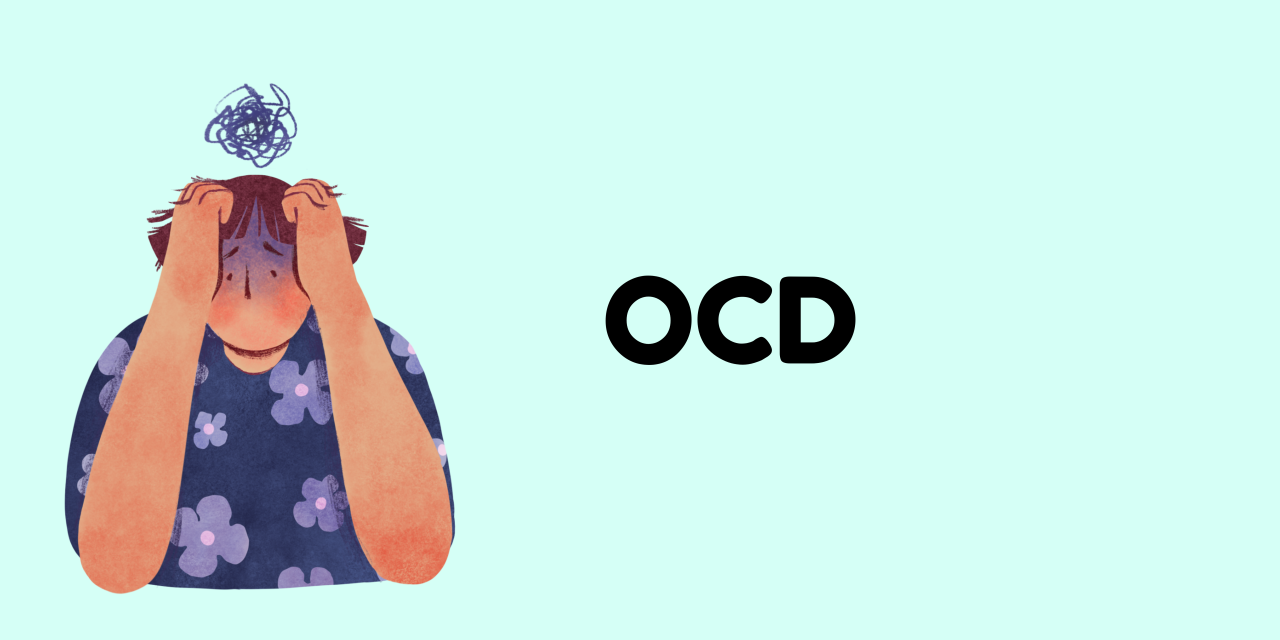OCD, or Obsessive-Compulsive Disorder, is a chronic mental health condition that affects millions of people worldwide. It is characterized by persistent intrusive thoughts (obsessions) and repetitive behaviors or mental acts (compulsions). While there are effective treatments available for OCD, such as therapy and medication, researchers are constantly working on new breakthroughs to improve outcomes for those living with this challenging condition. In this article, we will explore some of the latest breakthroughs in OCD clinical trials.
Deep Brain Stimulation (DBS) for Treatment-Resistant OCD
For individuals with severe OCD who do not respond to traditional treatments, deep brain stimulation (DBS) has emerged as a promising therapy. In DBS, electrodes are surgically implanted in specific areas of the brain to regulate abnormal brain activity that contributes to OCD symptoms.
Key findings from recent clinical trials on DBS for OCD include:
- Significant reduction in OCD symptoms in treatment-resistant patients
- Improvement in overall quality of life and functioning
- Long-lasting benefits with ongoing stimulation
Virtual Reality Therapy for OCD
Virtual reality therapy is a cutting-edge treatment approach that immerses individuals in computer-generated environments to simulate real-life situations that trigger their OCD symptoms. This exposure therapy helps patients confront their fears in a controlled setting and learn to manage their anxiety responses.
Recent advancements in virtual reality therapy for OCD:
- Customized virtual environments tailored to individual triggers
- Real-time feedback and guidance from therapists during exposure sessions
- Increased accessibility and convenience for patients
Transcranial Magnetic Stimulation (TMS) for OCD
Transcranial magnetic stimulation (TMS) is a non-invasive procedure that uses magnetic fields to stimulate nerve cells in the brain. In recent years, TMS has gained attention as a potential treatment for OCD, particularly for individuals who have not responded to first-line therapies.
Recent studies on the efficacy of TMS for OCD have shown:
- Reduction in OCD symptoms after a series of TMS sessions
- Improvement in mood and anxiety levels
- Potential as an alternative treatment option for medication-resistant OCD
Novel Pharmacological Approaches for OCD
Researchers are continuously exploring new medications and treatment targets to address the underlying neurobiological mechanisms of OCD. By targeting specific neurotransmitter systems in the brain, novel pharmacological approaches aim to provide more effective and personalized treatment options for individuals with OCD.
Recent developments in pharmacological treatments for OCD include:
- Investigation of glutamatergic modulators for OCD symptom relief
- Exploration of novel serotonin receptor agonists for improved treatment outcomes
- Combination therapies targeting multiple neurotransmitter systems for enhanced efficacy
Psychological Interventions and Mindfulness-Based Therapies
In addition to traditional cognitive-behavioral therapy (CBT), researchers are examining the efficacy of mindfulness-based interventions for managing OCD symptoms. Mindfulness practices, such as meditation and deep breathing exercises, can help individuals develop greater awareness of their thoughts and emotions, leading to improved symptom management and overall well-being.
Recent research on mindfulness-based therapies for OCD:
- Reduction in obsessive thoughts and compulsive behaviors
- Enhanced emotional regulation and stress reduction
- Integration of mindfulness practices into existing treatment approaches for OCD
Conclusion
As research in the field of OCD continues to advance, new breakthroughs in clinical trials offer hope for individuals living with this challenging disorder. From innovative therapies like deep brain stimulation and virtual reality therapy to novel pharmacological approaches and mindfulness-based interventions, the future of OCD treatment looks promising. By staying informed about the latest developments in OCD research, individuals, and healthcare providers can make more informed decisions about managing OCD symptoms and improving quality of life.
